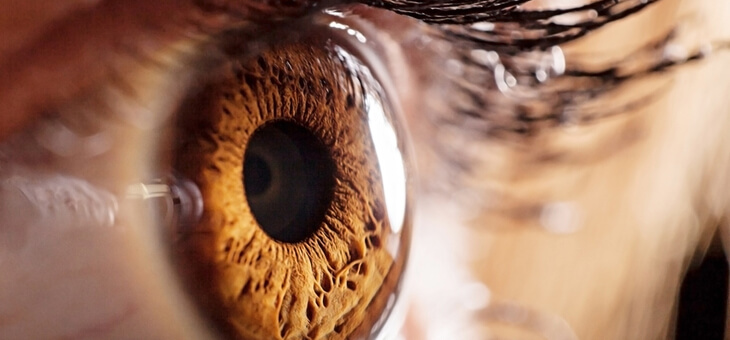Do you suffer from cataracts? What about macular degeneration? As we age, these types of eye conditions become increasingly common.
Vision loss is a debilitating and distressing experience, both physically and psychologically. But there may be another reason to worry about your eye health, and it has nothing to do with your sight.
A study has shown that people with eye conditions, including age-related macular degeneration (ARMD), cataracts and diabetes-related eye disease (DRED), have an increased risk of developing dementia.
The study examined a sample of more than 12,000 adults aged between 55 and 73 whose genetic and health details were stored in the UK Biobank. Researchers compared incidents of serious eye conditions with those of dementia to identify any links.
Read: World body warns of link between COVID and dementia
The participants were assessed on data from 2006 and 2010 and followed up again in 2021. A total of 2304 cases of dementia were found in the group. Alarmingly, the researchers found that many of those cases had also suffered from eye conditions in the years preceding their decline.
The data showed that those with ARMD had a 26 per cent increased risk of developing dementia; those with cataracts had an 11 per cent increased risk, and DRED increased the dementia risk by a whopping 61 per cent.
“Age-related macular degeneration, cataract and diabetes-related eye disease, but not glaucoma, are associated with an increased risk of dementia,” the study’s authors said.
They also identified that people with heart disease, stroke and depression had an increased risk of dementia. Individuals who suffered from one of these conditions, as well as having an eye condition, were most at-risk of dementia.
Read: Foods you should eat in your 50s, 60s and beyond
According to the Australian Institute of Health and Wellbeing (AIHW), more than 400,000 Australians are currently living with cataracts, while more than 200,000 have macular degeneration. It estimates that more than 95 per cent of those aged over 65 have some form of vision loss.
At the same time, the AIHW says the exact number of people living with dementia is not currently known. It estimates that between 400,000 and 459,000 people are living with dementia, with Alzheimer’s disease making up about 70 per cent of cases.
Anyone with one of these eye conditions won’t necessarily develop dementia, but the study findings are a useful advance warning.
And for those at risk, lifestyle changes can help.
Read: Eight good habits to improve your vision and eye health
Dementia Australia recommends regular physical exercise to get blood flowing to the brain. In fact, it’s estimated older Australians could reduce rates of dementia by as much as 40 per cent by increasing physical exercise levels.
It’s also recommended to eat a healthy diet low on red meat, rich in colourful vegetables and high in omega-3 fatty acids.
The Mayo Clinic says to help prevent dementia you should be eating at least three servings of wholegrains per day, as well as green leafy vegetables at least six times a week. Use mainly olive oil for cooking and try to limit your intake of fast food to once a week (or less).
Do you suffer from any of these eye conditions? Do you also have a family history of dementia? Are you concerned about the link? Let us know in the comments section below.
If you enjoy our content, don’t keep it to yourself. Share our free eNews with your friends and encourage them to sign up.

